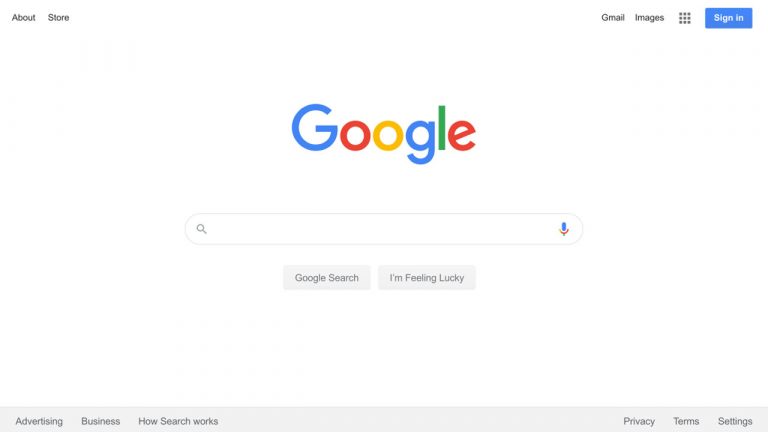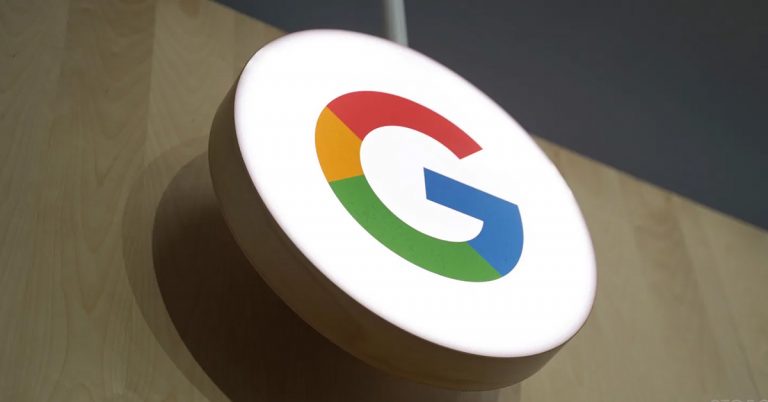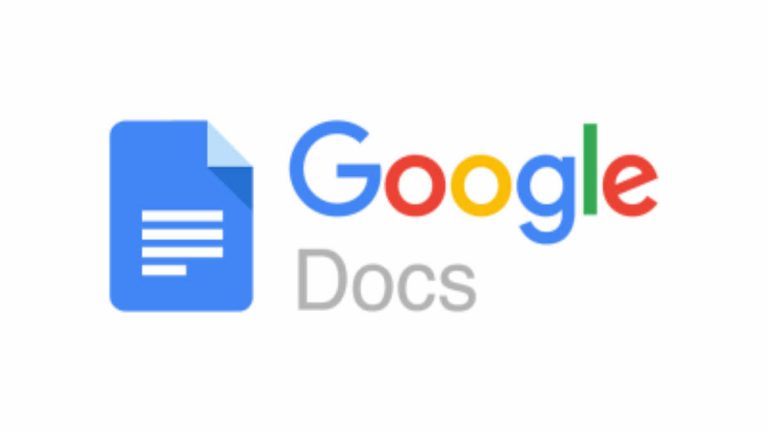Does the Order of Keywords Matter in a Page Title?

Whether we’re discussing SEO (Search Engine Optimization) or drawing actual, human attention – it’s always important to draw as much attention to your business as possible. Naturally, this draws a lot of people to question any content they post online, pondering is it good enough. There are many filters by which search engines rank the results of a search, and even if we put the quality of the content to the side, having properly worded content is immensely important. This leads to the question: does the order of keywords matter in a page title?
Keyword order absolutely matters in a page title, and it will always influence the results of your search. Search engines have an array of conditions by which they rank websites, and a lot of them depend on name matching. Ordering your keywords properly will affect your matching greatly.
Google is often considered to be the most optimized search engine around, so we’ll take it for an example – assuming that you’ll be conducting most of your searches on Google. Keep in mind that Google is a semantics-based search engine far more than people realize. While semantic weighting can be applied, these general rules still apply. Most search engines do consider variations and variety of the words, but you do have to think about search intent – also, no search engine ‘likes’ keyword stuffing. In this article, we’ll be answering all questions you might have about keyword order: how to influence it, how many keywords should be in a title tag, and how to write a good page title (with examples).
Does the Order of Keywords Matter in a Page Title?
As I’ve already confirmed – keyword order is absolutely relevant in a page title. There are many reasons behind this, and I’ll list them all before explaining them.
Google weighs keywords from left to right with some exception, it weighs known keyword phrases more heavily, it weighs URI keyword phrases/clusters separated by a slash [/] from left to right, it weighs keywords used more frequently overall less than keywords that are more specific, Google weighs keyword modifiers more heavily, it weighs keywords based upon popularity trends, it will remove all special (non-alpha-numeric) characters when weighing keywords.
Google does not make keyword matches and that any keyword match found in the SERPs is a byproduct; and two, it is always better to create short content such as title tags as close to how people think and speak as possible.
It’s also important to keep your website’s popularity in mind. If your site is new and relatively unknown, it’s vastly important to apply proper names for it. When it comes to popular, often visited websites, keyword order is completely irrelevant. You can search for ‘9Gag’, ‘Gag9’, ‘Gag 9’, or ‘9 Gag’ and all four searches will result in the search engine showing you a link to 9Gag.com as your first choice. This is because the site is immensely popular and the algorithm is automatically assuming that’s what you’re looking for.
The reason I’m using Google as a primary example for this article is because it’s the world’s most used search engine. Google has about 3.5 billion (you read that right) searches daily, in comparison to that – Bing has about 900 million. If something ranks right on Google, it will rank right everywhere.
Search engines tend to follow the ‘left’ rule. Meaning that the further left the keyword(s) are, the more important they are. That means that websites always model their titles in order for the leftmost to be the most important – Instagram is often called ‘Insta’ (although some argument can be made here for ‘the Gram’), Facebook is called ‘Face’, etc. – this is with good reason.
If you put the keywords at the beginning is the first step in achieving ranking popularity. According to some SEO experts, some time ago Google would rank keywords made up of two words equally (for example ‘acoustic guitar’ and ‘guitar acoustic’ ranked equally), but the developers at Google changed that.
How Many Keywords Should Be In a Title Tag?
If you want to optimize your title for the best SEO possible, then it would probably be wise to stick with using a single keyword. Two keywords are okay, but it’d be preferable that they’re very closely related or one of them being your brand name. If you do use more than one keyword in a title, the regular format for that is First Keyword – Second Keyword | Third Keyword. When it comes to this: less really is more.
How Do You Write a Good Page Title? (Examples Included)
Firstly, I’d advise you to really consider hiring a copywriter. Copywriters spend their professional careers literally just developing good names. Lately, most copywriters have at least some education and a basic understanding of SEO, while a lot of them are actively learning about it. This means that they’ll have enough knowledge and experience to create a name that’s both catchy for your company, while it can rank highly with search engines.
However, if you insist on creating your page title on your own, there are things you should keep in the account. Firstly, your title should never be too long – not only will it be difficult to spell and automatically unappealing to possible site visitors…length will also affect your SEO. 50-60 characters is more than enough for a title, with spaces included. 65 is the absolute limit for length, that’s because anything longer than 65 characters will get cut off by search engines in the results.
Secondly, you should pay attention to the keyword order in your title (what we’ve been discussing this whole time). I think it’s best to explain this using an example.
A user on Stack Exchange posted this question „If I wanted to rank for “Christmas Coffee” does it matter whether my title is A) 2015’s Best Christmas Coffee or B) 2015’s Best Coffee of Christmas, How much weight is put into this?“
This question is particularly interesting to us because it’s directly exploring the topic we’re discussing.
To this question, one user offered an answer C) Best Christmas Coffee 2015, saying that this way the title would be dropping the use of ‘ ‘s’, something that optimizes the title more effectively. Also saying that “The use of terms such as ‘of’ are of little semantic value and would likely be totally ignored in your example.”
The same user also advised to keep in mind two things when optimizing your title “One, it is always far better to use a semantically complete sentence or partial sentence with a subject, predicate, and object; and two, that Google fundamentally weighs in order the title tag, description meta-tag, link text, and content using parallel searches of each and blending results using an algorithm.”
This would go to show that it’s far better to simplify it as much as you can, meaning that you should try to avoid apostrophes, exclamation points (for example Panic! At The Disco), and having something that sounds catchy (like YouTube or Google) will always be helpful. Names like MoreBrain, Think Pink, Sinsay, Cinemax, are all examples of good names that both get stuck in your head and have a good effect on your SEO. Long names, like Hypo Alpe Adria Bank (which has, admittedly, rebranded into Addiko Bank) is unnecessarily too long for both natural appeal, as well as good SEO.
Another thing you should keep an eye on is the targeted audience. If you’re targeting with the intent for a specific location, then it’s best to use this format: Keyword | Brand Name | Location.
The most important thing to keep in mind when discussing this is simplicity. You have to understand that choosing your name will affect your SEO greatly, which will ultimately define your success on the internet. For this reason, it’d maybe be best to hire teams of SEO experts who analyze the market, prepare your brand for the internet, and advise you on branding and rebranding. People who do this know all the ins and outs of naming and optimizing your brand for search engines, so it’d be wisest to hire them alongside a copywriter.
Nowadays, a lot of weight is put into this, especially by search engines – always striving to deliver their users only the most accurate content for their searches. That’s why you, as a creator, need to take this just as seriously as your brand name is the first thing everyone’s going to associate with your product.





